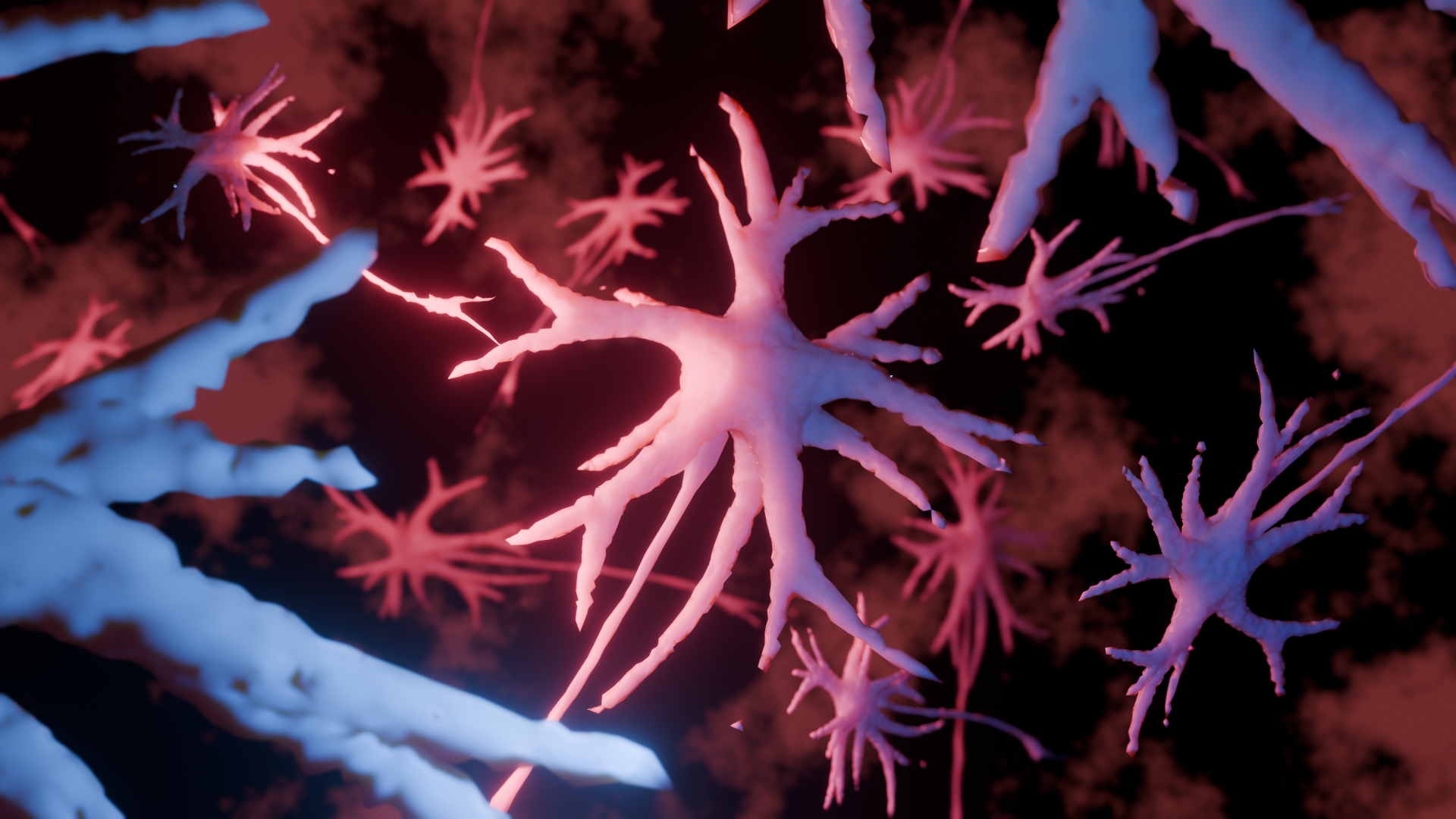
Alzheimer’s disease is a neurodegenerative disease, and is the most predominant form of dementia. Image Credit: Chloe Rankin
Utilizing CSIRO tools VariantSpark and BitEpi, the scientists at the Australian e-Health Centre have uncovered two previously unknown genetic variants linked to Alzheimer's disease, along with the identification of 95 novel gene interactions that could influence the impact of these variants on Alzheimer's.
The recognition of these variants plays a crucial role in foreseeing the occurrence, intensity, and potential treatment approaches for this neurodegenerative disease.
However, it’s worth noting that the identified variants alone do not account for the entirety of Alzheimer’s heritability or that of other neurodegenerative diseases.
Epistasis, the interactions between variants, is believed to play a role in the initiation and manifestation of the disease. Traditionally, variants were assessed based on their cumulative effects—how the combination of one gene with another increased the likelihood or expression of the disease.
Dr Natalie Twine, a CSIRO Research Scientist and the Senior Author of the paper published in Scientific Reports emphasized that certain gene interactions may actually act as protective factors against Alzheimer's, shedding new light on the complex interplay between genetic elements in the context of this neurodegenerative condition.
By using BitEpi we can identify these interactions and explain some of the missing links in Alzheimer’s heritability.
Dr. Natalie Twine, Research Scientist, Commonwealth Scientific and Industrial Research Organisation
Alzheimer's disease stands as the predominant type of dementia. As of 2022, Australia has a dementia population exceeding 400,000 individuals, and with the continual growth and aging of the population, it is anticipated that these rates will double by the year 2058.
Dr Mischa Lundberg, the lead author of the paper and a Post-Doctoral Fellow at CSIRO, highlighted that by integrating substantial epistatic interactions, their approach enabled the capture of 10.41% more phenotypic variance compared to previous methods.
This means an increase in our ability to capture the drivers of disease, which is important for Alzheimer’s research because by knowing underlying drivers, we can identify at risk patients sooner, and intervene earlier.
Dr. Mischa Lundberg, Post-Doctoral Fellow, Commonwealth Scientific and Industrial Research Organisation
CSIRO intends to persist in testing and implementing Variant Spark and BitEpi tools as remedies for prevailing challenges.
One prevalent issue involves the storage of genomic information in dispersed geographic locations, commonly referred to as “silos.” Due to data privacy constraints, researchers often face hurdles in sharing this information, impeding efforts to consolidate it for more robust research studies.
VariantSpark presents a solution through “federated learning,” wherein a machine learning model can be created from data sources residing in silos. This approach enables the extraction of insights without necessitating the disclosure of the entire dataset, addressing the challenges posed by privacy constraints and facilitating collaborative research.
Journal Reference
Lundberg, M., et al. (2023) Novel Alzheimer’s disease genes and epistasis identified using machine learning GWAS platform. Scientific Reports. doi.org/10.1038/s41598-023-44378-y.